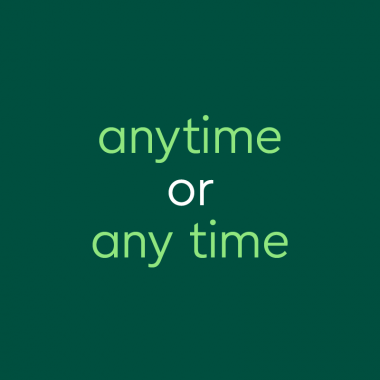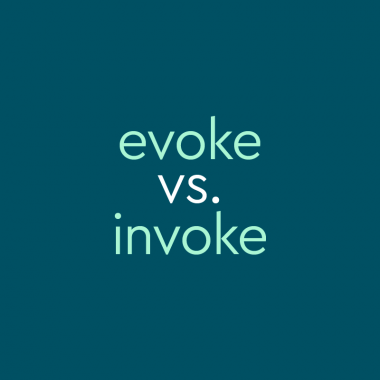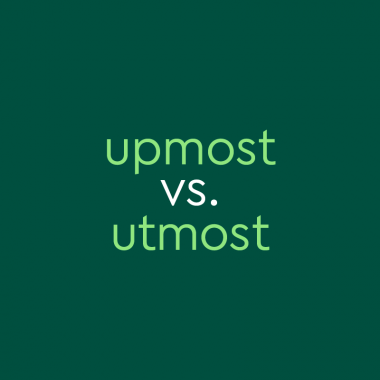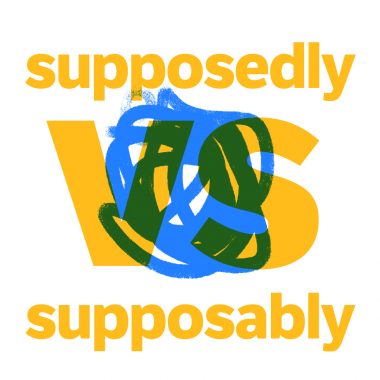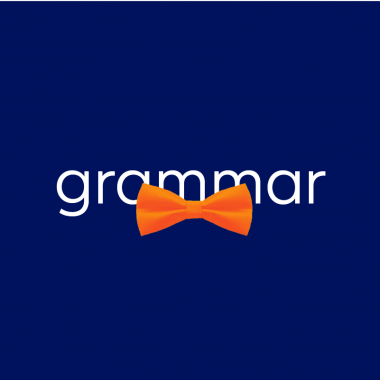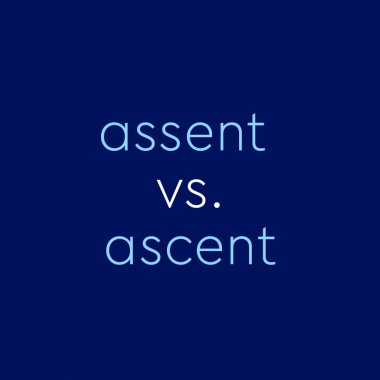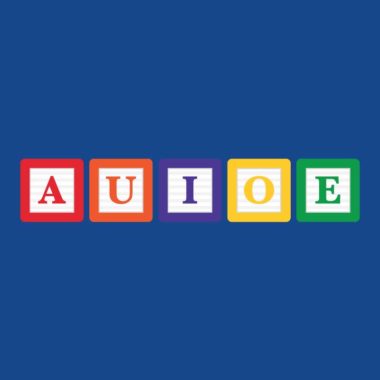What’s The Difference Between “Anytime” vs. “Any Time”?
Anytime or any time? The two tend to be used in the same exact contexts, but that one little space can make a lot of grammatical difference. In this article, we’ll discuss how and when to use each form and explain which one is an adverb and why. Don’t know what that means? Read on to find out! Any time is a common and straightforward …
